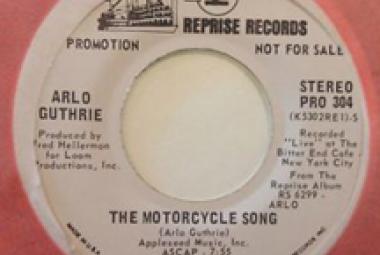The Michigan Womyn's Music Festival, called “the Original Womyn’s Woodstock” and often referred to as MWMF or Michfest, was an international feminist music festival held every August from 1976 to 2015 in Oceana County, Michigan, USA, near Hart Township, in a small wooded area known as “The Land”. The event was completely built, staffed, run and attended by women. The 40th Festival, in August 2015, was the last one. The Festival, throughout its 40 year history, occupied a central and powerful place in lesbian history, embracing and creating space for the vast diversity of female experience, or as Bonnie Morris described it: “an entire city run by and for lesbian feminists”. (More from Wikipedia)
Women’s music performances became natural additions to gay and lesbian gatherings of all types and sizes; before long, Woodstock-style women’s music festivals began to take place as well. The most prominent is the Michigan Womyn’s Music Festival – “womyn” is an alternate spelling of “women” without having to say “men” – and this one is still being held annually since its founding in 1976, although it is evidently more of a women-only, clothing-optional camping event now.
Women’s music artists for the most part are not particularly political or polemic – with the exception of Holly Near, and even she is normally not focused on gay/lesbian issues – so non–lesbian-identified performers have dropped by from time to time. Tracy Chapman is perhaps the most prominent; she was at the Michigan Womyn’s Music Festival during her meteoric rise to the top of the charts with her hit album Tracy Chapman (1988).
As time went on, bandmembers came and went, with Leslie Satterfield being the mainstay for Boyskout. In about 2008, Boyskout appeared at the Michigan Womyn’s Music Festival and were on the bill at Phasefest in 2009 – described on their website as being “an annual Queer music and arts festival dedicated to the development, exposure and interaction of queer and queer-allied musicians and artists, both national and international”.
(January 2014)















